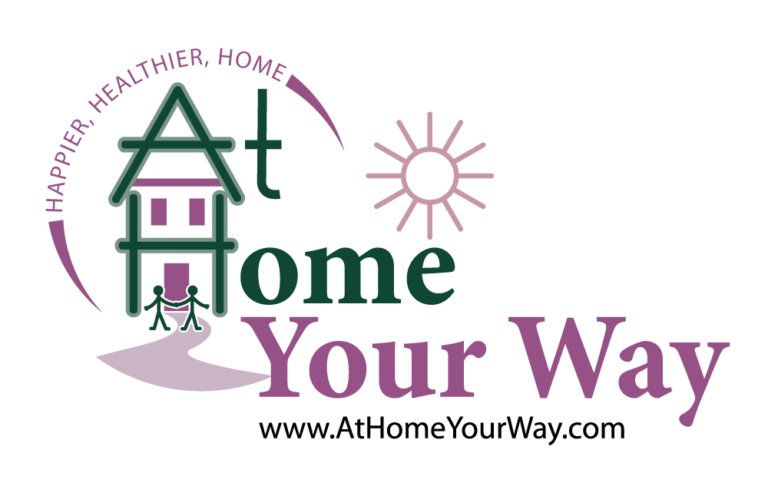Individual & Family Support Program
Overview
In 2010, the U.S. Department of Justice (DOJ) investigated the Commonwealth of Virginia’s compliance with the Americans with DisabilitiesThe Americans with Disabilities Act (ADA) defines a person with a disability as a person who has a physical or mental impairment that substantially limits one or more major life activity. This includes people who have a record of such an impairment, even if they do not currently have a disability. It also includes people who do not have a disability but are regarded as having a disability. The ADA also makes it unlawful to discriminate against a person based on that person’s association with a person with a disability. More Act (ADAThe Act emphasizes that the definition of disability should be construed in favor of broad coverage of people to the maximum extent permitted by the terms of the ADA and generally shall not require extensive analysis. The Act makes important changes to the definition of the term “disability” by rejecting the holdings in several Supreme Court decisions and portions of EEOC’s ADA regulations. The effect of these changes is to make it easier for a person seeking protection under the ADA to establish that he or she has a disability within the meaning of the ADA. More) and the U.S. Supreme Court Olmstead ruling. The results concluded that the Commonwealth failed to provide services to people with intellectual and development disabilities in the most integrated setting, a requirement of the Olmstead ruling.
In 2012, the Commonwealth and DOJ reached a settlement agreement which resolved the Commonwealth’s compliance with the ADA and Olmstead ruling. As part of the settlement agreement, the Commonwealth created the Individual and Family Support Program (IFSP)Annual grant-like program offering up to $1000 to people in Virginia waiting for DD Waivers to assist with disability-related needs. More grant fund. The purpose of this fund is to assist people on the waitlist for Virginia’s Developmental Disabilities (DD) waivers to support them in their community as they wait for funding of their waiver.
A maximum of $1,000 (minimum $200) per fiscal year per person on the waitlist is available.
Please note: IFSP funds are one-time funds and are not guaranteed to be awarded the following year.
Eligibility
Criteria
- Person must be on a wait list for Virginia’s DD waivers.
- Person must live in the most integrated setting.
- Integrated settings are community-based, such as the person’s own home or home of a family member.
Process
- Person, or responsible party on behalf of the person, can apply.
- One application per fiscal year is allowed per person.
- Applications are accepted only during annual-specific time frames to be determined by DBHDSVirginia Department of Behavioral Health and Developmental Services. State agency that oversees developmental disability, mental health, and substance use services More.
- Verify that the person is currently on the DD WaiverIn Virginia, a collective term for the three types of Medicaid waivers that provide a bundle of support services available to someone with a disability needing assistance with activities of daily living. More waitlist.
- This can be done by contacting case manager or support coordinator at your local Community Services Board (CSB).
- Access the IFSP portal.
- If this is your first time applying, please register an account first.
- If you have previously applied, please use your same log-in.
- Create and draft an application.
- Complete information regarding applicant’s personal demographics.
- If applicable, complete information regarding responsible party’s personal demographics.
- Responsible party must complete information regarding relationship to the person.
- Complete information regarding assistance and resources.
- Complete information regarding needs.
- Covered services and supports:
- Safe living: Durable Medical Equipment (DME), home modifications, location devices, fencing, home security, etc.
- Improved health outcomes: Therapies/ABA, Assistive Technology (AT)Products, equipment, and systems that enhance learning, working, and daily living for persons with disabilities. More, dental care, medical co-pays, nutritional supports, etc.
- Emergency supports: Mortgage/Rental/Utility payments (limited to one month only).
- Community integration: Activities/Recreation, family education and trainings, summer camp, transportation services, etc.
- Non-Covered services and supports:
- Clothing not related to the applicants disability.
- Food (not related to special dietary needs associated with the disability or as part of a recreational experience).
- Purchase of vehicles or general vehicle repairs (This does not include vehicle adaptations like lifts).
- Vacations.
- Installment payments for automobiles and auto insurance.
- Covered services and supports:
- Save draft of application.
- Submit during open application time frame.
- Person will be advised of the status of the application after the submission process.
- Person, or responsible party on behalf of the person, can apply.
